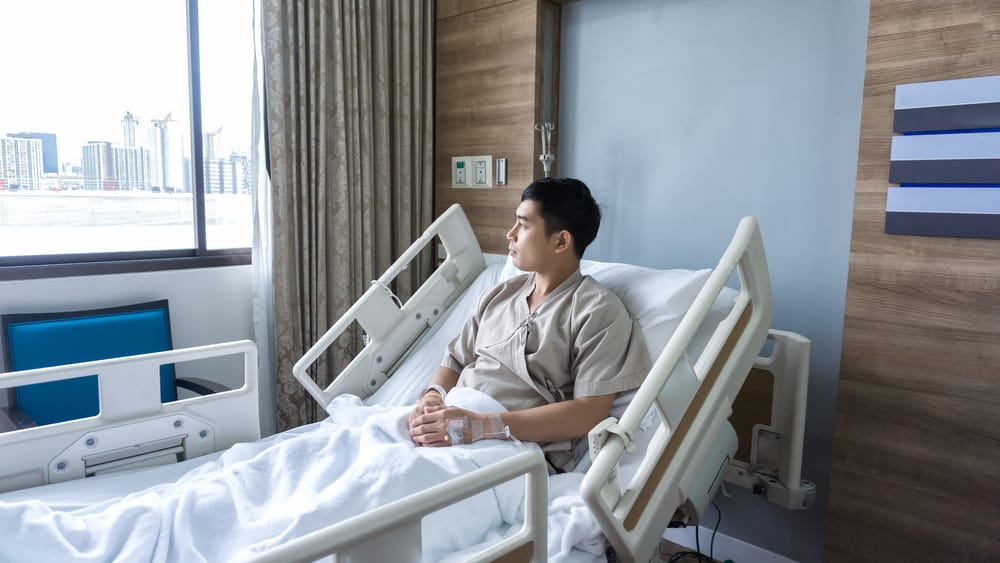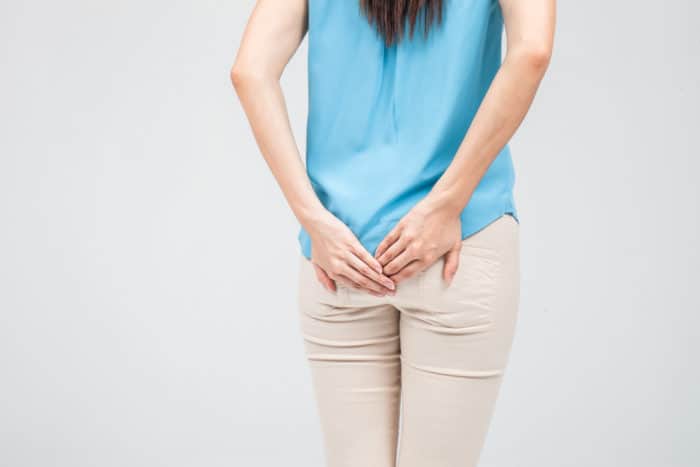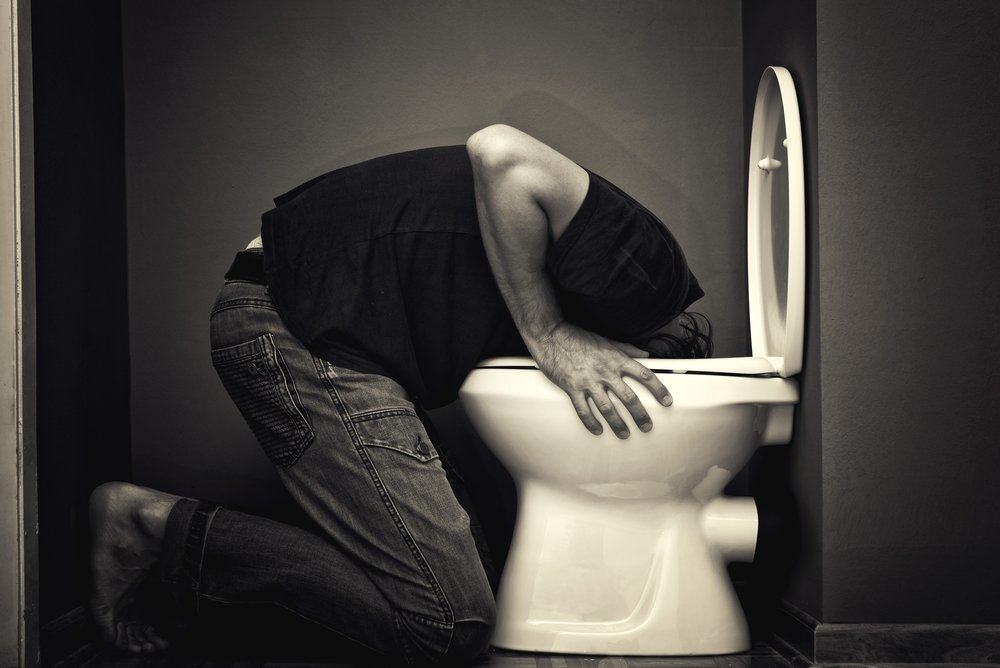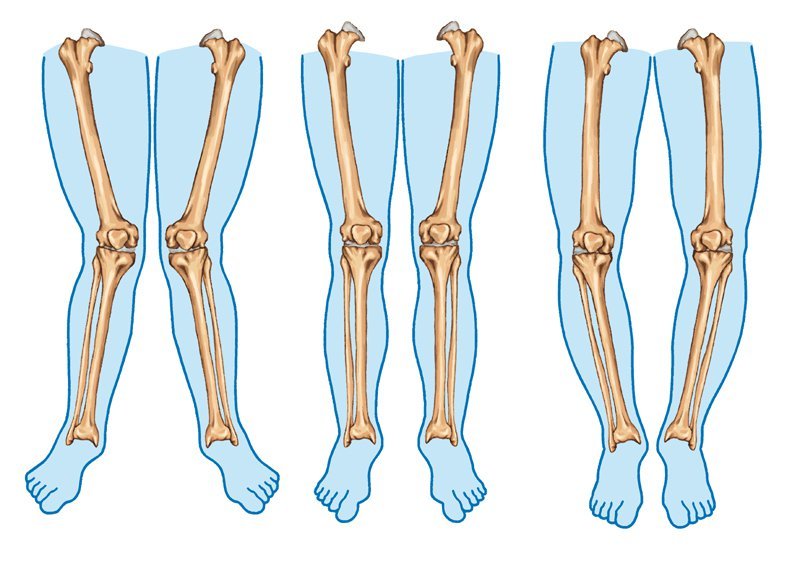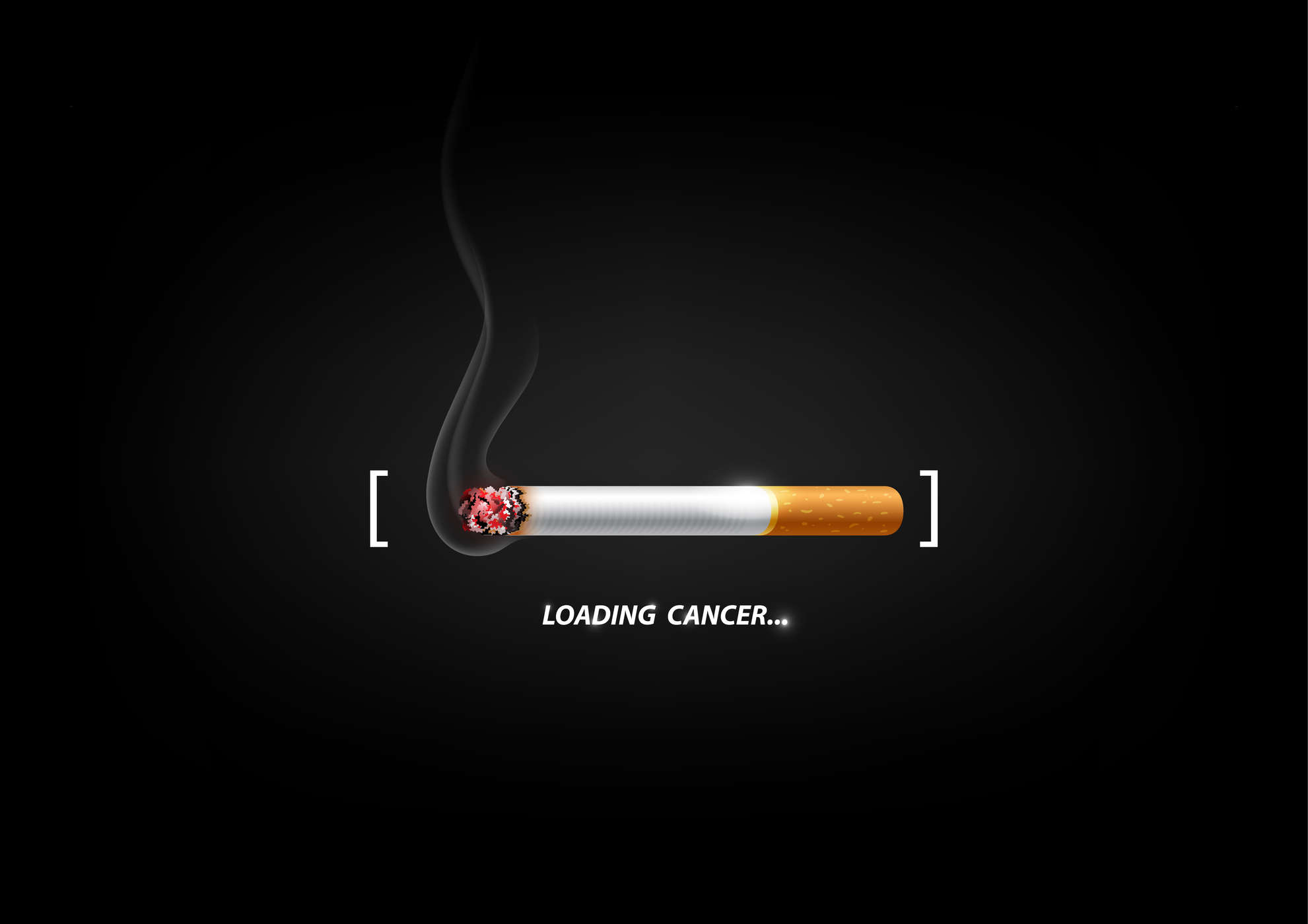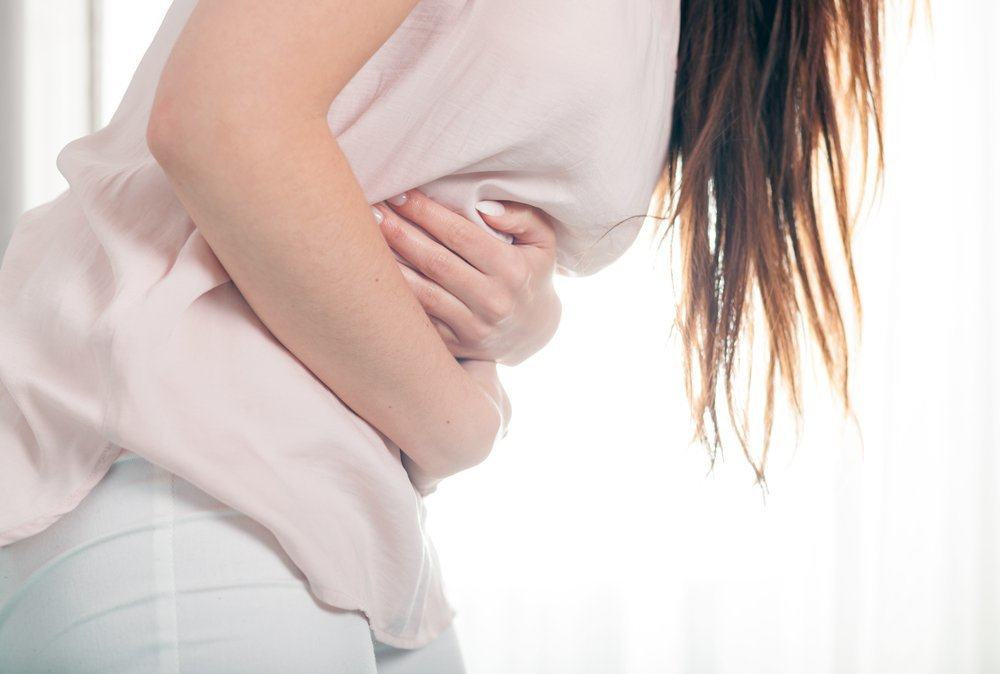Contents:
- Medical Video: GET THE GAS OUT | Laparoscopy POST-OP Healing TIPS
- What happens to the body during your surgery
- Ileus POI is a risk of fatal postoperative complications
- Farting after your sign surgery avoids the risk of POI
- No need to be shy or panic if you haven't farted after surgery
Medical Video: GET THE GAS OUT | Laparoscopy POST-OP Healing TIPS
Doctors and nurses will usually encourage each patient to immediately fart after surgery. Although embarrassed, it is very important for you to follow these instructions to avoid the risk of unwanted complications arising after surgery.
What happens to the body during your surgery
Doctors usually recommend each patient to fart after surgery, especially after major surgery that requires the patient to be under general anesthesia under general anesthesia.
When you are under the influence of general anesthesia, most of your body's functions will be "turned off" for a while so you cannot feel any sensation, cannot move, and will not realize anything that is going on during the procedure.
The effect of anesthesia will slow intestinal motion. This can increase the chance of an intestinal blockage, a postoperative complication calledpost-operative ileus or POI.
Ileus POI is a risk of fatal postoperative complications
Intestinal blockage (ileus) is the risk of postoperative complications that is most watched out because it can develop into a serious and potentially life-threatening situation.
Normal intestinal peristalsis is very necessary to process every food that enters the mouth after you recover from surgery until it is finally thrown out through the anus. However, people often don't realize that their bowel movements are still slow after recovering from surgery and just keep eating. And compared to other organs, the intestine takes a longer time to be able to completely recover from the effects of anesthesia after surgery.
That is, food will be left to continue to accumulate without being digested until it finally hardens to cause intestinal blockage. Without treatment, the blockage can perforate for a long time or tear the intestine. This condition is referred to as intestinal perforation. The existence of a hole will cause the contents of the intestine, which contains many bacteria, to leak into the area of your body cavity. This can lead to organ death and deadly infections.
Farting after your sign surgery avoids the risk of POI
The ability to be able to fart after surgery is a major sign for the team of doctors that the patient's digestive tract has completely recovered and functioned well, so that the risk of complications from POI is avoided.
Doctors even have the right not to allow their patients to go straight home if they have not yet farted after outpatient surgery. That is why farting is the most eagerly awaited thing in a few hours after surgery.
No need to be shy or panic if you haven't farted after surgery
Farting is a sign that your stomach gas is no longer trapped because your digestive system functions back to normal.
So, never hesitate or even be embarrassed if you get rid of gas after surgery. Tell your doctor as soon as possible if you have succeeded in farting. Vice versa. Immediately report it to the doctor if you don't waste gas. If you haven't succeeded in farting, doctors usually don't allow you to eat after surgery.
To resist hunger while stimulating exhaustion, it is likely that your doctor will recommend you eat liquid foods such as juice or chew gum 3 times a day for 15-30 minutes.
While waiting for the arrival of fart, also note the possibility of the appearance of signs and symptoms of POI such as:
- Nauseous vomit.
- Bloated
- The stomach feels very painful.
- Not farting either
- Difficult to defecate.
If there is, immediately report it to your doctor.

